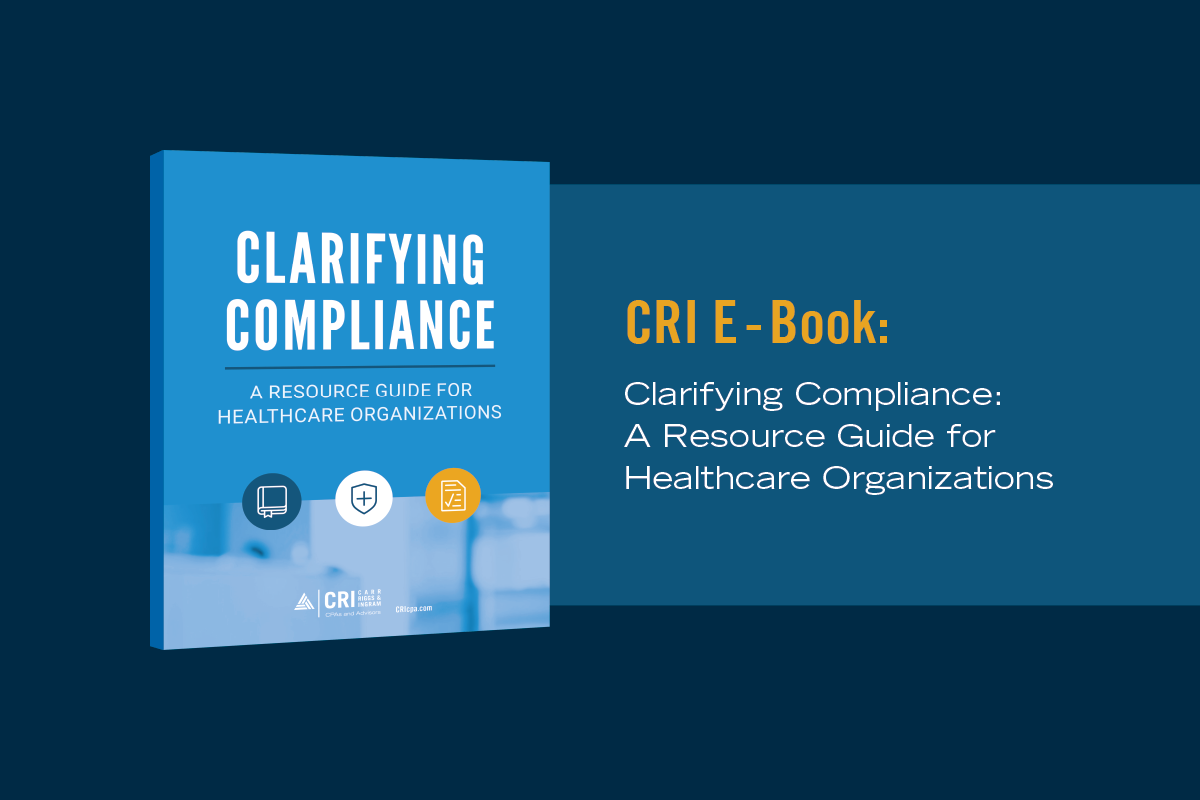Treasury Urges Congress to Settle 831(b) Captives Issue
- Contributor
- Scott Bailey
Mar 22, 2024
The U.S. Treasury Department recently unveiled the “Green Book,” a detailed 256-page document titled “General Explanations of the Administration’s Fiscal Year 2025 Revenue Proposals.” This comprehensive guide sheds light on the tax proposals embedded within the Biden Administration’s FY 2025 budget, offering insights into recurring and novel revenue strategies.
While most of the administration’s revenue proposals are familiar, having been included in previous budgets, a new proposal was included that seeks to redefine the eligibility criteria for small insurance companies opting for the 831(b) election (hereafter called “microcaptives”), effective from 2025. Such changes could make it more challenging for these entities to qualify, altering the landscape of taxability for these transactions for the foreseeable future.
Proposed Reforms for 831(b) Captive Insurance
Micro-captive insurance arrangements, characterized by an insurance company’s decision to be taxed only on the captive’s investment income, have been under scrutiny for some time. However, the recent proposal would change to the ownership diversification requirements that micro-captive insurance companies must meet to maintain eligibility for an 831(b) election within the proposed regulatory framework. If enacted, the election requirements would be:
- The company must be recognized as a non-life insurance entity.
- It should report either net written premiums or, if higher, direct written premiums for the taxable year that do not surpass the set threshold of $2.8 million (adjusted annually for inflation).
- A critical shift from the existing ownership stipulations demands that no more than 20% of the assets or the influence over the company, whether through voting power or stock value, can be held, directly or indirectly, by:
- any single policyholder of the company or an owner of such policyholder; or
- a collective of a policyholder or a policyholder’s owner along with any related individuals or entities.
Notably, the third requirement introduces an ‘anti-abuse’ rule to strengthen defenses against the exploitation of financial arrangements. By targeting manipulations such as premium allocations, the rule aims to thwart efforts to sidestep ownership criteria with the ultimate effect of reducing the number of qualifying companies.
This proposed rule change highlights the urgent need for captive owners to evaluate its potential tax implications. Understanding the impact on tax reporting and compliance is essential to maintain the integrity and efficacy of their captive insurance and risk management strategies in light of these potential changes. If you have questions about the new proposal or need advice on how to prepare, contact your CRI advisor. We are ready to assist you in navigating these changes efficiently to ensure your operations remain compliant.





















































































































































































































































































































































































































































































































